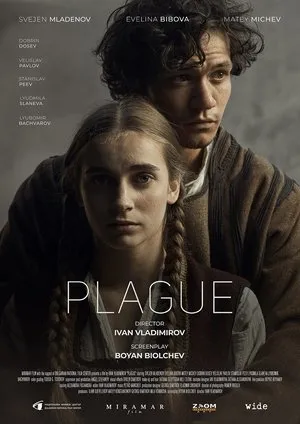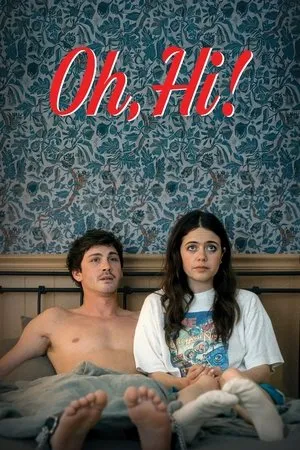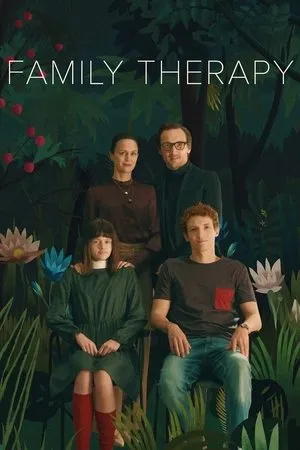In the realm of historical dramas, few subjects are as compelling and terrifying as the great plagues that have swept through human history. “Plague,” a 2024 film set in early 19th-century Bulgaria, delves into this dark chapter, exploring the profound impact of the Black Plague on a small, isolated community. The film paints a vivid picture of a society gripped by fear, starvation, and the desperate struggle for survival. The story centers around Chorbaji Yurdan and his son, Yono, who return to their village after a journey to Hadzhilak. What they find is a community on the brink of collapse, ravaged by the relentless spread of the plague. The villagers are starving, their faces etched with fear and desperation. The once-familiar landscape is now a scene of desolation, haunted by the specter of death. “Plague” is not merely a historical account; it is a psychological exploration of human behavior under extreme duress. The film delves into the darkest corners of the human psyche, examining the atavistic instincts that emerge when survival is threatened. As the plague tightens its grip, the villagers are forced to confront their deepest fears and make impossible choices. The bonds of community begin to fray as individuals prioritize their own survival, leading to conflict and betrayal. The film masterfully portrays the breakdown of social order, as traditional values and norms are abandoned in the face of overwhelming adversity. One of the most striking aspects of “Plague” is its unflinching portrayal of the physical and emotional toll of the epidemic. The film does not shy away from depicting the gruesome realities of the plague, showing the suffering of the infected and the despair of those who are left to care for them. The filmmakers create a palpable sense of dread and hopelessness, immersing the audience in the nightmarish world of the plague-stricken village. The performances in “Plague” are uniformly strong, with the actors conveying the raw emotions and psychological complexities of their characters. Chorbaji Yurdan, played with stoic intensity, embodies the struggle to maintain order and hope in the face of overwhelming despair. His son, Yono, represents the younger generation, grappling with the loss of innocence and the burden of responsibility. The supporting cast is equally impressive, bringing to life the diverse personalities and experiences of the villagers. Each character is a microcosm of the larger community, reflecting the different ways in which people cope with trauma and loss. The film’s visual style is both beautiful and haunting, capturing the stark beauty of the Bulgarian landscape while also conveying the sense of decay and desolation that permeates the village. The cinematography is masterful, using natural light and shadow to create a sense of realism and atmosphere. The costumes and set design are meticulously detailed, transporting the audience to the early 19th century and immersing them in the world of the film. “Plague” is a powerful and thought-provoking film that raises important questions about human nature, society, and the resilience of the human spirit. It is a reminder of the fragility of life and the importance of community in the face of adversity. The film is not always easy to watch, but it is a rewarding experience that will stay with you long after the credits roll. It is a testament to the power of cinema to explore the darkest chapters of human history and to shed light on the enduring qualities of the human heart. “Plague” is a must-see for fans of historical dramas, psychological thrillers, and anyone interested in exploring the complexities of the human condition. It is a film that will challenge your assumptions, provoke your emotions, and leave you with a deeper understanding of the world around you. The film is a stark reminder of the importance of preparedness and the need for global cooperation in the face of pandemics. It is a call to learn from the past and to work towards a future where such devastating events are less likely to occur. “Plague” is a cinematic achievement that deserves to be seen and discussed. It is a film that will stay with you long after you have left the theater, prompting you to reflect on the lessons of history and the enduring power of the human spirit. Welovecinema.top highly recommends this movie.

Plague (2024)
Set in the early 19th century, "Plague" depicts the harrowing impact of the Black Plague on a Bulgarian village. Chorbaji Yurdan and his son Yono return home to find their community ravaged by starvation and fear. The film explores the primal human instincts that emerge in the face of such a devastating epidemic. It delves into the depths of despair and the desperate measures people take to survive.











